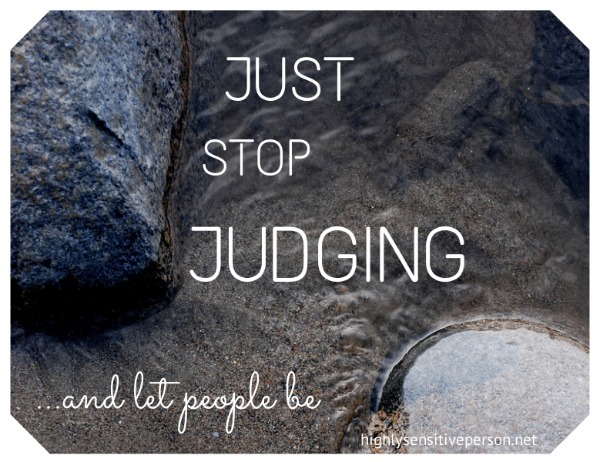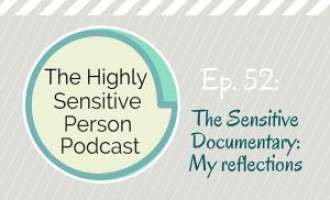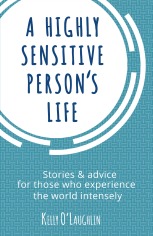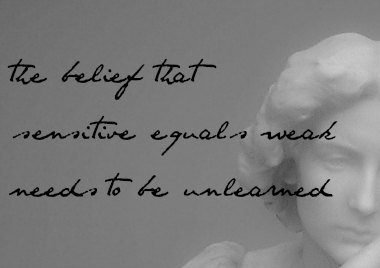 Why do so many of us think that being “sensitive” means you are “weak”?
Why do so many of us think that being “sensitive” means you are “weak”?
Sensitive is supposed to mean “quick to detect or respond to slight changes, signals, or influences.”
That doesn’t sound weak at all…it sounds observant! It sounds like someone I want to be friends with!
Equating sensitive with weak is what many of us were taught, what we grew up with-and it’s a shame.
Take this scenario.
A child grows up surrounded by family members who are closed-minded or “old-fashioned”. Maybe it was a parent, a grandparent, an aunt or uncle. All throughout their childhood, this kid hears the parent (or whoever) making pejorative comments about people of a different race, religion, sexual orientation, or who are from a different country.
Kids are sponges. And they believe what their parents and older people say. So this kid grows up with the same closed-minded views as their family.
The kid hits high school or college, and due to being surrounded by more diverse people and more education, they gradually realize that everything they were taught about hating other races or gay people or putting down women or making fun of people with mental illness or physical impediments is bad and wrong.
(This is a convoluted story, but hear me out!)
Many of us grew up thinking sensitive = weak. Sensitive = sissy. People who are sensitive need to suck it up and get a thicker skin. Quit whining.
But just like the kid in my story-who grew up believing stereotypes and hateful behavior toward certain groups of people-that belief is wrong. It was something we learned from the people and culture around us that needs to be unlearned. We need to be open-minded and realize that maybe our beliefs were wrong. Maybe we didn’t have all the information we needed to be as informed as we thought we were.
Being sensitive means you are very aware of other people’s feelings and thoughts, your own feelings and thoughts, your environment, animals, art, music, and everything around you.
Why the hell did this become a bad thing?
Sensitive people are the artists, the musicians, the scientists, the engineers, the botanists, the teachers, the philanthropists, the counselors. Being sensitive is a wonderful quality.
The only downside, sometimes? Being the bearer of the weight of being sensitive.
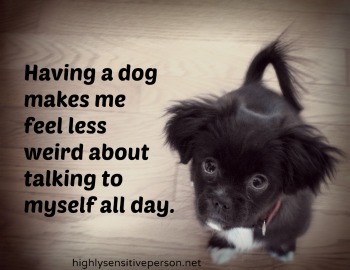
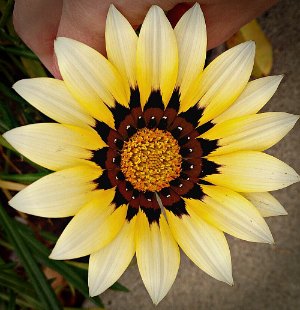
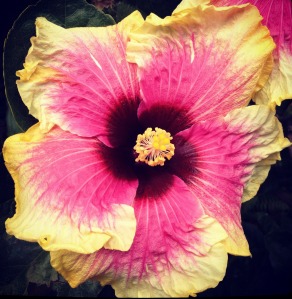
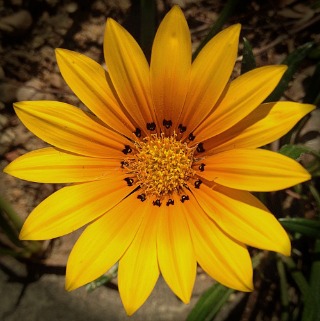
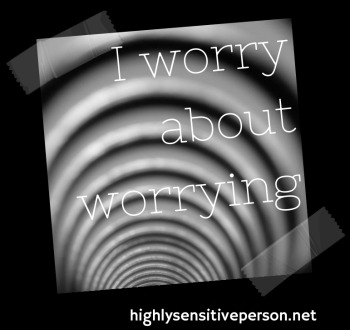
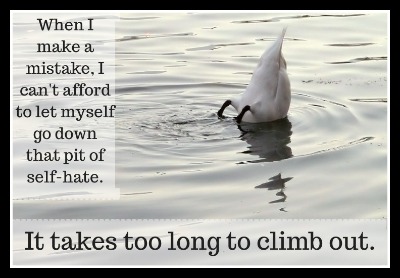 I do freelance work. The person I work for assigns me tasks from her own clients. The other day, I completed a project for her and submitted an online proposal for one of her clients. About five minutes later, I realized I had made a huge, huge mistake. I submitted the proposal for the wrong client.
I do freelance work. The person I work for assigns me tasks from her own clients. The other day, I completed a project for her and submitted an online proposal for one of her clients. About five minutes later, I realized I had made a huge, huge mistake. I submitted the proposal for the wrong client.
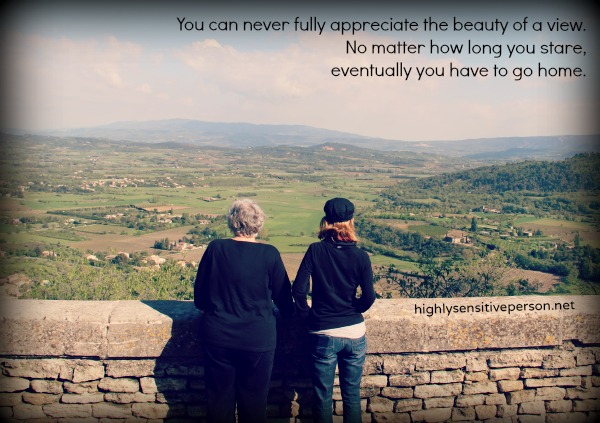
 It’s Christmas Eve, and I’m working in a cafe in Chiang Mai, Thailand.
It’s Christmas Eve, and I’m working in a cafe in Chiang Mai, Thailand.